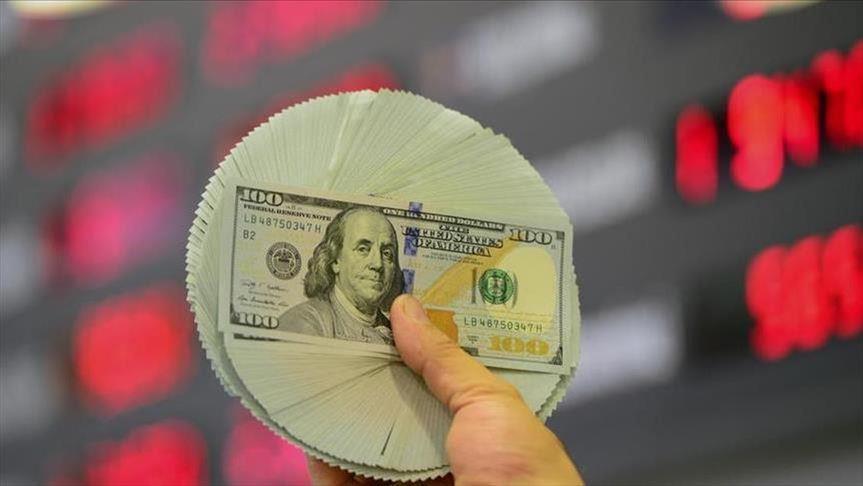Oil prices increased more than 2% during the week ending May 27 supported by the prospect of an EU ban on Russian hydrocarbons, although the zero-COVID policy of China, the world's largest oil consumer, continues to curb demand and prices.
Brent crude was trading at $113.40 per barrel at 1147 GMT on Friday, posting a 2.82% gain from the Monday session that opened at $110.29 a barrel.
American benchmark West Texas Intermediate (WTI) registered at $113.25 per barrel at the same time on Friday, increasing 2.43% relative to the opening price of $110.56 a barrel on Monday.
Prices took a hit from demand concerns in China, though hopes of better demand were raised with the US summer driving season in June. The European Union’s efforts to ban Russian oil and gas are still on the table, fueling investor supply concerns.
Fitch Ratings said in a statement on Friday that prolonged coronavirus pandemic-related lockdowns in China and their economic effects are expected to pressure China for the remainder of 2022.
Fitch announced on May 3 that it has lowered its forecast for Chinese economic growth for this year to 4.3%, from 4.8%, citing a "spillover to economic activity from Covid-19 pandemic-related disruption becoming apparent in March."
Shanghai is set to finally emerge from its lockdown on June 1, however, the government is still reluctant to loosen its zero-tolerance stance on COVID-19, intensifying investor caution on the demand side.
International Energy Agency Executive Director Fatih Birol warned about increasing prices and said “we may see prices even going higher, becoming much more volatile and a major risk for the global economy”.
Indian Oil Minister Hardeep Singh Puri, meanwhile, said oil prices of around $110 a barrel could pose bigger threats than inflation to the global economy.
Tight supply concerns and robust demand hopes in the US, the world's largest oil consumer, with the imminent start of the summer driving season supported the price upticks.
The Memorial Day weekend, which falls on May 30 in the US, marks the start of the country's summer driving season, raising hopes of increased demand in the country.
Auto club AAA predicts the 2022 driving season in the country will be a busy one this year, with expectations that 39.2 million people will travel 50 miles or more from home this Memorial Day weekend.
On Thursday, both benchmarks rose almost $2 a barrel to reach a two-month high on reports of EU talks with Israel on the prospect of importing Israeli natural gas liquefied at an Egyptian facility, a move that would decrease the bloc’s dependence on Russian natural gas and increase the likelihood of an EU ban on Russian resources.
Investors are now keeping tabs on the upcoming meeting of the Organization of Petroleum Exporting Countries (OPEC) on June 2.
Experts say the group is expected to maintain its gradual output increase pact, however, Axios news website said two top advisers of US President Joe Biden's administration are on a secret trip to Saudi Arabia to discuss a possible deal between Saudi Arabia, Israel and Egypt to boost oil production.
Biden had repeatedly asked Saudi Arabia and OPEC+ producers to increase the group's collective output to provide additional market supply and lower crude prices. However, the group has not responded to these demands and has instead adhered to its planned gradual production scheme.
Axios reported that the Biden Administration has been pressuring Saudi Arabia for more production to bring gas prices down ahead of the midterm elections and to push for a wide range of sanctions on Russian oil amid the ongoing war in Ukraine.
By Sibel Morrow
Anadolu Agency
energy@aa.com.tr


